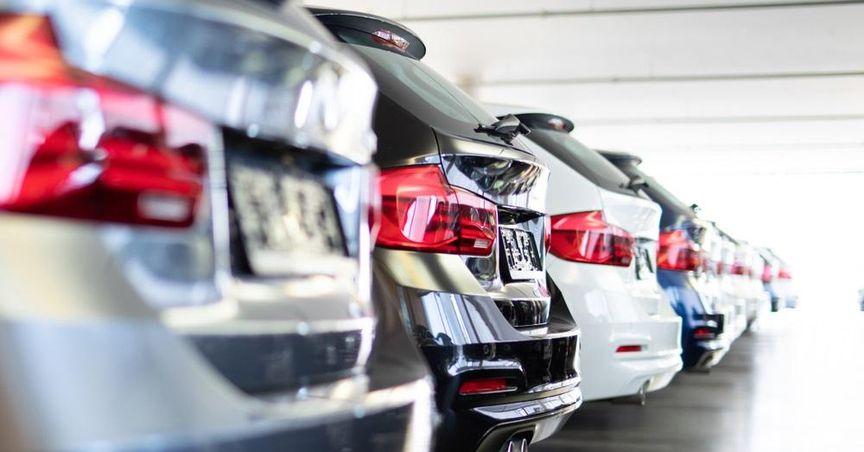Dowlais, a key player in the industrial sector, is grappling with the complexities of the global automotive market, particularly in the electric vehicle (EV) segment. The automotive industry, known for its vast supply chains, has been facing headwinds, including the relatively high cost of electric vehicles compared to traditional petrol engines, reduced or eliminated government subsidies, and renewed interest in hybrid vehicles. These factors have contributed to a slump in global EV markets, impacting companies like Dowlais, which supplies essential components to the industry.
Dowlais (LSE: DWL) first-half results reflect the challenges faced by the company, with a 9% drop in revenue leading to significant declines in profit and cash flow. According to Russ Mould, investment director at AJ Bell, the company's substantial fixed costs cannot be reduced at the same pace as the decline in business, exacerbating the financial impact.
Streamlining Operations Amid Uncertain Outlook
In response to these challenges, Dowlais has been focusing on streamlining its operations. The company recently disposed of its hydrogen operations, which had incurred losses of £7 million during the first half of the year. Additionally, Dowlais is considering a sale or spin-off of its powder metallurgy division.
However, this strategy carries potential risks. By shedding these parts of its business, Dowlais may limit its ability to position itself at the core of the automotive industry's transition to electric vehicles. The company has articulated a goal to be "powertrain agnostic," aiming to benefit from demand across traditional petrol/diesel vehicles, hybrids, and EVs. Achieving this level of flexibility, however, may prove to be a significant challenge.
Slowing EV Growth Poses Further Challenges
The outlook for the EV market, particularly in Europe, adds another layer of complexity for Dowlais. Market research firm EV Volumes recently revised its European EV unit growth forecast for 2024 down to 2.6%, compared to an earlier projection of 3.1%. This equates to approximately 15.1 million units, significantly lower than the 18 million vehicles registered in Europe in 2019. According to the firm, the European market may not return to 2019 levels within the current forecast horizon, which extends to 2035. While growth in other regions, such as the United States and the Far East, could offset declines in Europe, this presents another challenge for Dowlais to navigate.
Dowlais shares have experienced a steep decline, losing half their value since the company was spun out of Melrose Industries (LSE: MRO) in 2023, currently trading around 60p. Reversing this trend will be difficult, and while the company has completed a £50 million share buyback, such actions are not a substitute for achieving sustainable business growth.




